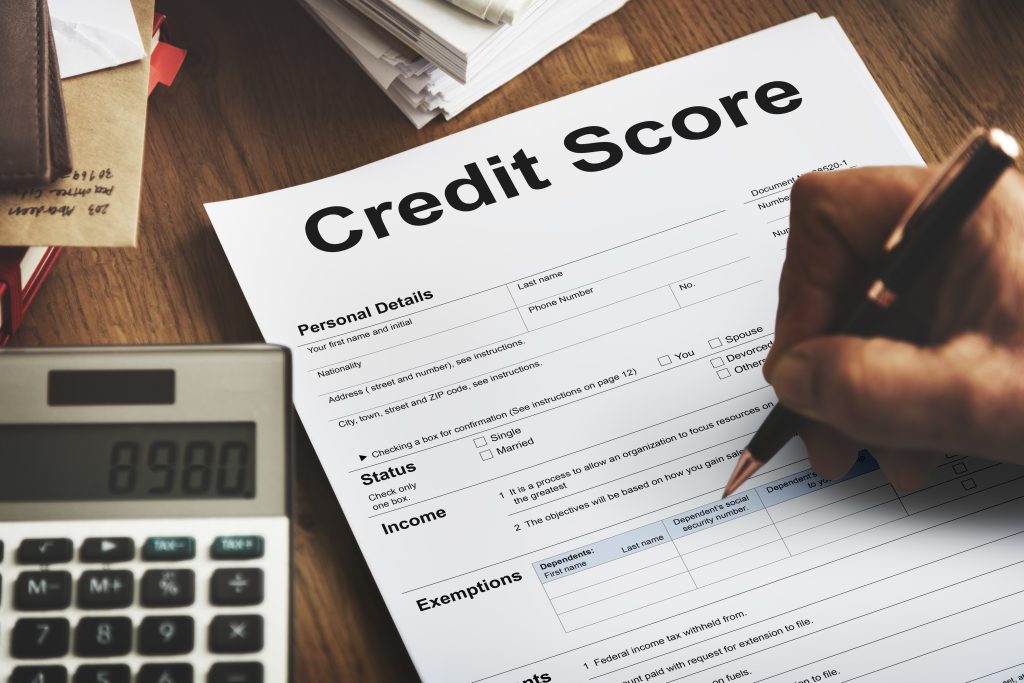Understanding how a credit score works is essential for anyone dealing with financial matters in the UK. This essential numerical value impacts your borrowing capacity and can influence your financial health. In this blog, we will delve into the UK’s credit score system, offering a comprehensive guide to better understand its significance and workings.
Whether you’re looking to secure a mortgage, apply for a credit card, or even rent a property, understanding how your credit score affects your financial life is crucial. This piece aims to guide you through the intricacies of the UK’s credit scoring model, enabling you to make informed financial decisions.
What is a Credit Score?

A credit score is a numerical expression based on an analysis of a person’s credit files. This number, which typically ranges from 0 to 999 in the UK, represents the creditworthiness of an individual. Lenders use these scores to gauge the risk of lending money to a potential borrower.
In the UK, several credit reference agencies, such as Experian, Equifax, and TransUnion, calculate these scores. Each agency might use a slightly different scale, but the essence remains the same: a higher score indicates better creditworthiness. Lenders use this information to decide whether to approve your application and what terms to offer. Thus, maintaining a good credit score can help you secure better interest rates and more favorable loan terms.
How is Your Credit Score Calculated?
The calculation of your credit score involves several factors. Payment history is crucial, accounting for a significant portion of your score. Late or missed payments can severely impact your score. Credit utilization ratio also plays a vital role; using more than 30% of your available credit can lower your score.
Your credit history length also matters. The longer your history, the better. Additionally, the types of credit accounts you have and recent credit inquiries can also affect your score. Different types of credit, including credit cards, mortgages, and loans, show that you can manage various financial products responsibly. Lastly, public records such as bankruptcies or county court judgments (CCJs) can have a detrimental effect on your score. Therefore, it’s essential to keep track of your financial activities and maintain a healthy mix.
Understanding Credit Reports
A credit report is a detailed breakdown of your credit history prepared by a credit bureau. This report gives lenders a snapshot of your financial behavior. It includes information like your personal details, credit accounts, inquiry records, and any negative marks such as missed payments.
Regularly checking your credit report is essential to ensure accuracy. Mistakes can happen, and they can unfairly impact your score. If you spot any errors, you should contact the relevant credit bureau to correct them immediately. Having a good understanding of your credit report can help you identify areas for improvement, making it easier to boost your credit score over time.
Improving Your Credit Score
Enhancing your credit score requires a dedicated and consistent effort. Start by making timely payments. Ensure that you pay at least the minimum amount due on your accounts to avoid any late fees and negative marks on your report. Setting up direct debits can help you manage this effectively.
Next, work on reducing your credit card balances. Aim to keep your credit utilization ratio below 30%. High balances can be a red flag for potential lenders. Paying down debts and keeping your balances low can positively impact your score. Being mindful of how often you apply for new credit is also crucial. Frequent applications can signal financial distress. Instead, focus on slowly building your credit through responsible financial behavior.
Managing Debts Wisely
Effective debt management can significantly improve your credit score. Prioritize paying off high-interest debts first while maintaining minimum payments on other accounts. This reduces the overall amount of interest you pay and helps in quickly knocking down your debt.
Consolidating debts into a single loan with a lower interest rate can also be beneficial. Through debt consolidation, you can make managing repayments easier and reduce the chances of missed payments. Consider seeking advice from financial advisors or debt counseling services if your debts become unmanageable. Professional guidance can provide personalized strategies to tackle your debt and make informed decisions.
Maintaining Good Financial Habits
Consistently practicing good financial habits helps in sustaining an excellent credit score. Regularly monitor your credit report for any discrepancies. Analyzing your financial activities helps you stay proactive in managing your creditworthiness.
Ensure you have a mix of credit accounts but don’t overextend yourself. Diversification shows lenders you can responsibly handle different types of credit. Additionally, keeping old accounts open, even if they are no longer in use, helps maintain the length of your credit history. Lastly, be wary of co-signing loans without considering the financial behavior of the other party. Co-signing means you are equally responsible, and any default can affect your credit score negatively.



